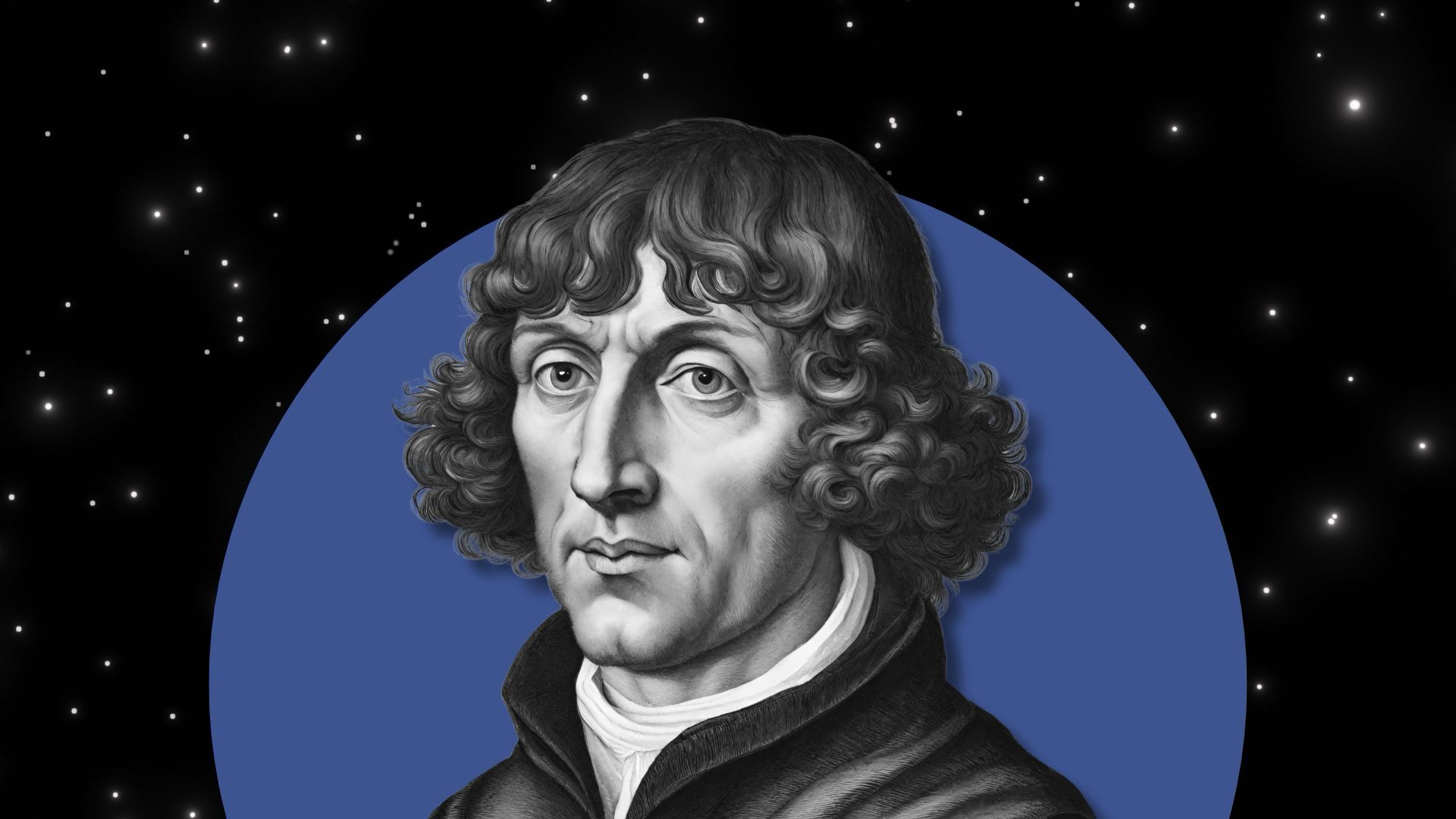February 19, 2024 marks the 551st anniversary of the birth of Nicolaus Copernicus – astronomer, economist, mathematician, physician, lawyer, clergyman, creator of the heliocentric theory. On that date we celebrate Polish Science Day.
Nicolaus Copernicus went down in history as the creator of the heliocentric theory, which was groundbreaking for modern science. In his most famous work “De revolutionibus orbium coelestium”, Nicolaus Copernicus presented the main postulates of the heliocentric structure of the Solar System, which shattered view of the universe at the time. His discovery started a scientific revolution, known as the Copernican Revolution.
The future astronomer was born on February 19, 1473 in Torun to a merchant family. After the death of his father, Nicolaus was taken in by his mother’s brother, Luke Watzenrode, the future bishop of Warmia. On the initiative of his uncle, he took up studies in canon law at the University of Bologna and medical studies in Padua, combined with a doctorate in canon law at the University of Ferrara. Prior to that, he studied mathematical and natural sciences at the Cracow Academy. He died in Frombork on May 24, 1543.
On February 19, 2024, on the occasion of the 551st birthday of Canon Nicolaus Copernicus, a Mass was celebrated at the Cathedral of the Archdiocese of Warmia, presided over by Msgr. Dr. Janusz Ostrowski. The homily was delivered by Canon Zdzislaw Kunicki and after the Eucharist flowers were laid on the Astronomer’s grave.
2023 – Year of Nicolaus Copernicus
The year 2023 was established by the Senate of the Republic of Poland as the Year of Nicolaus Copernicus. The date was linked to the anniversary of the Polish astronomer’s five hundred and fiftieth birthday and the four hundred and eightieth anniversary of his death.
In a resolution of the Senate of the Republic of Poland establishing, on the occasion of the 550th anniversary of his birth, the year 2023 as the Year of Nicolaus Copernicus, the senators emphasized Nicolaus Copernicus’ patriotism: “throughout his life he was a faithful subject of successive Polish kings of the Jagiellonian dynasty; as he wrote, “there are no duties greater than duty to the Fatherland, for which even one’s life should be sacrificed.”
In 2023, on the 550th anniversary of Nicolaus Copernicus’ birth, as a result of the legislative initiative of the President of the Republic of Poland and the passing of an act by the Parliament of the Republic of Poland, and with the support of the Government of the Republic of Poland, the Copernican Academy was established with the task of implementing the National Copernican Program intended to be a tribute to the achievements and contributions of the most eminent Polish scientist – Nicolaus Copernicus.
The National Copernican Program envisages undertaking activities aimed at significantly strengthening Polish science, Polish academic staff and increasing its competitiveness. These tasks are to be implemented primarily through the development of international cooperation; by involving foreign researchers in cooperation with Polish scientific centers, organization of debates and promotion of Polish scientific achievements abroad, as well as grant support for outstanding scholars and their research teams, as well as for young promising scholars.
The Copernican Academy is an international science corporation situated within Polish science consisting of half Polish and half foreign scientists. It is based on five pillars corresponding to the areas of Nicolaus Copernicus’ main scientific interests that became the basis for the organization of five chambers: astronomy, economics, law, medicine, and theology and philosophy.
Nicolaus Copernicus Superior School is a public university distinguished by its international character, interdisciplinarity and high quality of teaching. Its goal is to educate leaders of the future, ready to face the challenges of the digital revolution, from artificial intelligence to biotechnology. The school’s state-of-the-art education program is prepared and taught by world-class experts from institutions such as Princeton, Oxford, Harvard and NASA, including Nobel Prize winners and presidents of the world’s leading central banks.




